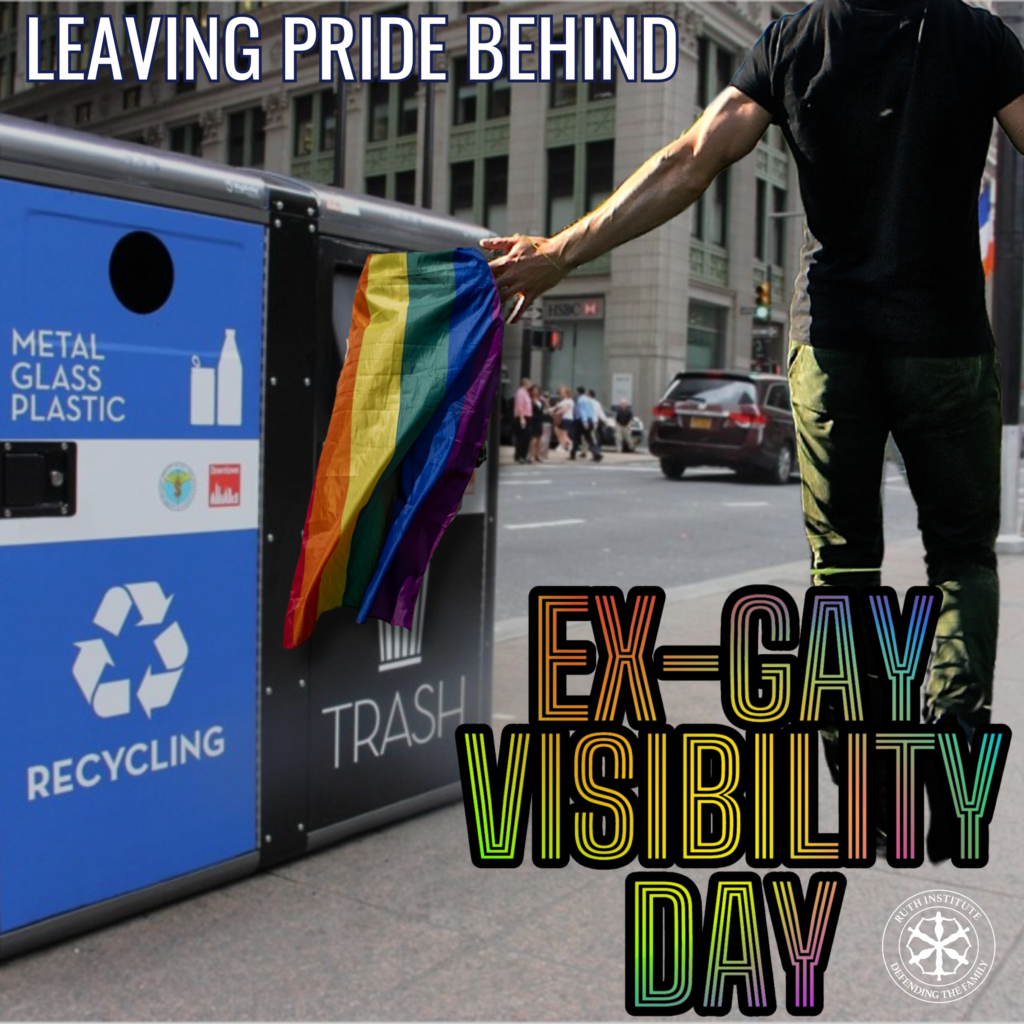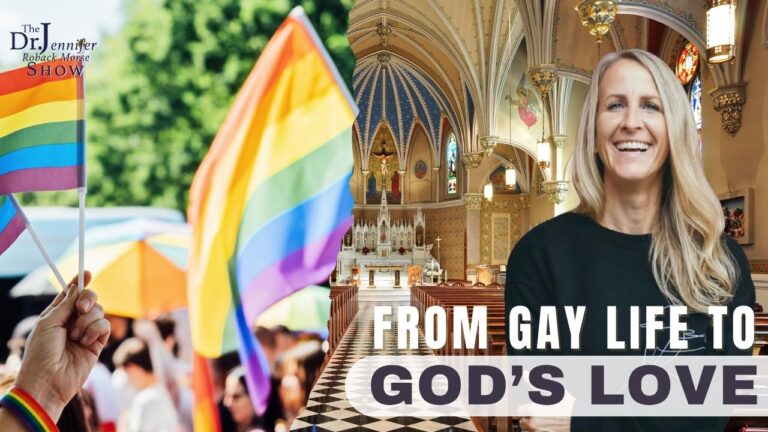
by Jennifer Roback Morse June 7, 2024, at National Catholic Register.
COMMENTARY: Focusing on the sojourners who have moved away from an LGBT identity is a scientifically, theologically and pastorally sound response.
The Vatican’s release of the document Fiducia Supplicans late last year created massive confusion throughout the Catholic world. How should faithful Catholics respond to this document? And perhaps more importantly, how should we respond to the issues the document purports to address?
After six months of observation and reflection, I would like to propose an answer. We should focus not on people who, for whatever combinations of reasons, seek to change the Church’s teaching on homosexual acts. Instead, we should focus on those persons who have journeyed away from an LGBT identity. These individuals embrace the Church’s teaching and have found that living according to the Church’s ancient and revered teaching enhances their lives.
I recognize that paying attention to this group of people, colloquially called “ex-gays,” is not “politically correct.” This strategy is, however, scientifically, theologically and pastorally correct. Let me explain.
Scientifically Correct
“We must take account of modern advances in our understanding of homosexuality.”This vague phrase is frequently offered as justification for modifying the Church’s teachings, or at least the pastoral practice. Please note that we seldom hear anything more specific.
That is because the best of modern science has found:
· People can change their sexual orientations, defined as changing their patterns of thoughts, feelings, behaviors and self-understanding. In fact, by some estimates, (See Table 2 of this paper) there are more “ex-gays” than people who currently identify themselves as “gay.”
· Therapy to assist people in the process of change is not intrinsically harmful.
The people who have left “pride” behind are living testimonies to the truth of these scientific findings.
So what remains of the claims that we have a new, improved modern understanding of sexuality? As far as I can tell, there’s nothing left but warmed-over Carl Rogers feel-good pop-psychology.
Theologically Correct
About the Ruth Institute
The Ruth Institute is a global non-profit organization, leading an international interfaith coalition to defend the family and build a civilization of love.
Jennifer Roback Morse has a Ph.D. in economics and has taught at Yale and George Mason University. She is the author of The Sexual State and Love and Economics – It Takes a Family to Raise a Village.
To get more information or schedule an interview with Dr. Morse, contact media@ruthinstitute.org.





